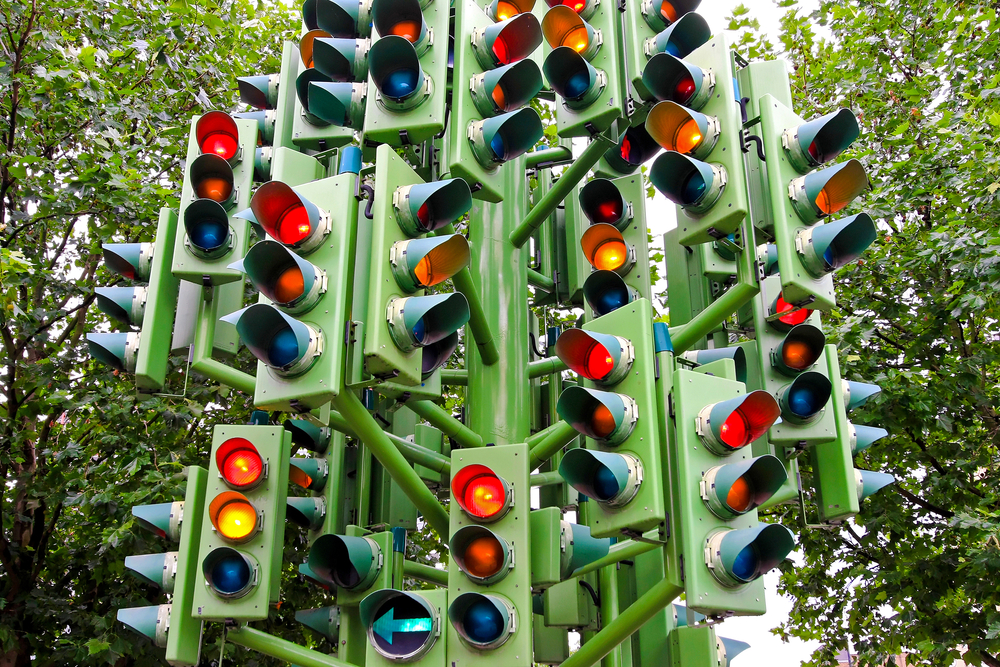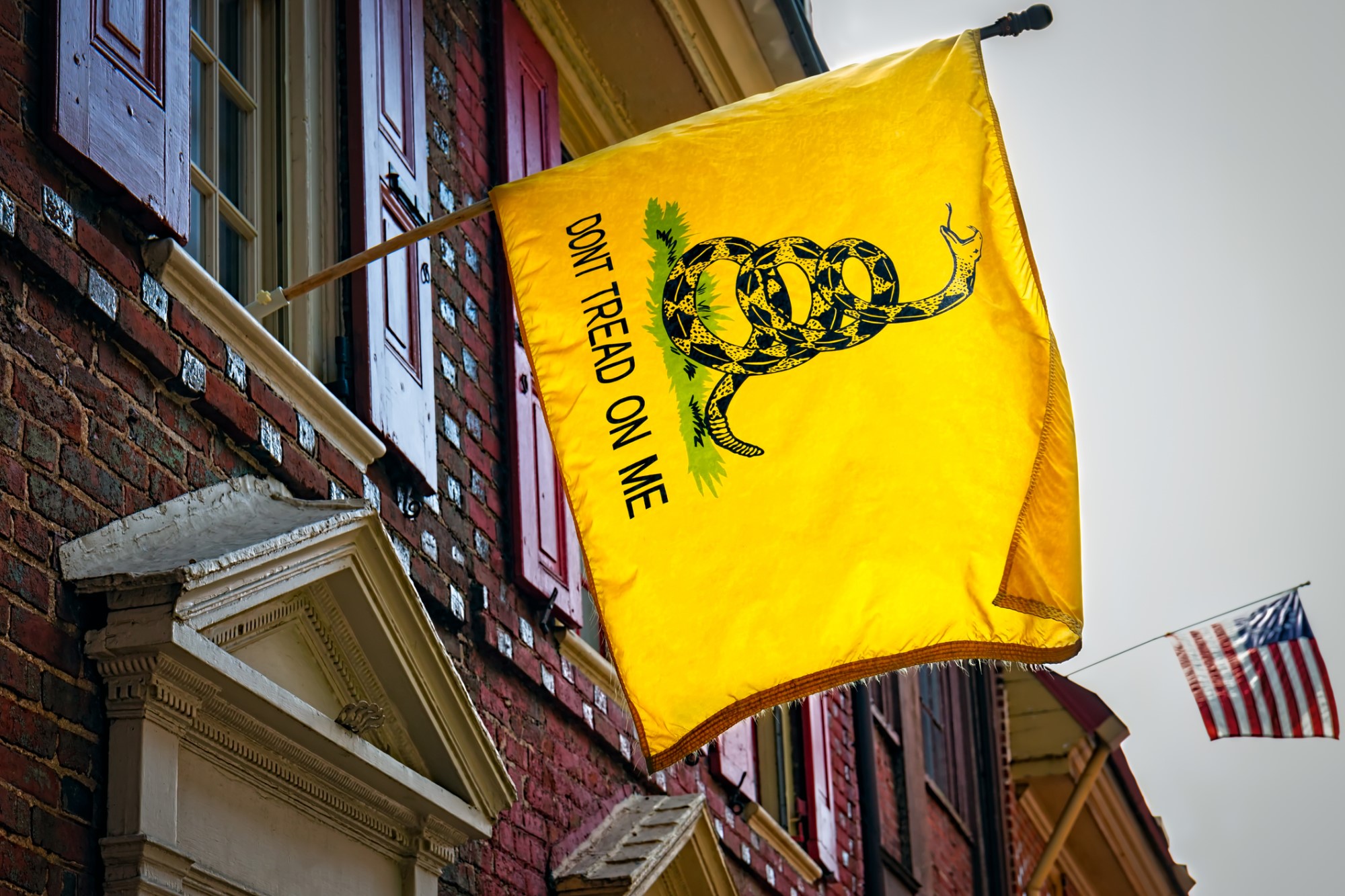Intuitions and the Duty to Aid

Many philosophers have considered whether folks who are better off have a moral obligation to help those who are desperately poor through no fault of their own. This issue is especially salient at the moment due to the economic fallout from the coronavirus pandemic and ensuing lockdowns across the globe. The result is that the global poor are hardest hit, and the trend of eradicating poverty over the past few decades is reversing. We are thus left to wonder what, if anything, we owe the global poor.
Here enters the work of perhaps the most famous contemporary philosopher, Peter Singer, who argues that many folks in rich countries — like the USA, Japan, and Germany — have a moral obligation to donate a large amount of their income to the global poor because they can afford to without falling into poverty themselves. He motivates this position by an appeal to a simple thought experiment:
“On your way to work, you pass a small pond. … [You] are surprised to see a child splashing about in the pond […] it is a very young child, just a toddler, who is flailing about, unable to stay upright or walk out of the pond. […] The child is unable to keep his head above the water for more than a few seconds at a time. If you don’t wade in and pull him out, he seems likely to drown. Wading in is easy and safe, but you will ruin the new shoes you bought only a few days ago, and get your suit wet and muddy.”
Singer thinks we have a moral obligation to save the child based on the strong intuition that it just seems like the right thing to do — it wouldn’t cost us much to save the child, but it would benefit the child significantly. We can formulate Singer’s argument like this:
- Suffering and death from lack of food, shelter, and medical care is bad.
- If it is in your power to prevent something bad from happening, without sacrificing anything nearly as important, it is wrong not to do so.
- By donating to aid agencies, you can prevent suffering and death from lack of food, shelter and medical care, without sacrificing anything nearly as important.
- Therefore, if you do not donate to aid agencies, you are doing something wrong.
The first step of the argument seems obvious: the pain that comes from failing to have your basic needs met is obviously bad. We wouldn’t go to such lengths to try to prevent these things in our own lives if we thought otherwise. And we will grant, for the sake of argument, Singer’s third step: donating to trustworthy and competent aid agencies allows us to mitigate the harm that comes from people being unable to meet their basic needs.
Our focus here is on the second step of the argument. Do we actually have a moral obligation to the poor; or does it merely seem like that? Should we trust our intuition to save the child? Based on recent experimental evidence from psychology and economics, we should be skeptical of our intuition to save the child. Allow me to make the case.
We have solid experimental evidence from psychology and economics that people care how they look to others. As a species, humans are highly cooperative and social, and depend on help from others to survive — so much so that the ancients believed banishment from society worse than death, as it entailed not only death, but prolonged suffering as well. But relying on cooperation from others makes us susceptible to free-riders: individuals who enjoy the fruits of everyone else’s labor, while contributing less than their fair share. We thus use reputations to distinguish the trustworthy from the untrustworthy; we don’t want to cooperate with someone who might defect, especially in situations with high stakes — e.g., it matters who we choose to have children with. And since we cannot read the minds of others, we must rely on a high-fidelity signal of trustworthiness.
Here we need an example of a high-fidelity signal. The classic example is peacocks: their colorful feathery display is a costly signal to prospective mates that even with amplified risk of predation, he can still thrive — a signal that indicates fitness and is hard to fake. Or consider the ability to lift two-hundred pounds over one’s head as a reliable signal of strength: one cannot lift that much weight without possessing enough strength. Colorful features on a peacock would be a fatal liability if the bird weren’t healthy enough; someone simply wouldn’t be able to lift that much weight if they lacked sufficient strength. If we are to rightly trust others, we need a signal of trustworthiness that would be hard to fake by those who are untrustworthy.
One way to signal trustworthiness and communicate that one is a suitable partner for collaboration is through uncalculating cooperation: helping someone without waiting to consider whether the benefits of helping exceed the costs of doing so. By not calculating the advantages and disadvantages of pitching in, we signal to others that we can be trusted as a potential cooperator: we aren’t participating simply because we’ve determined that it’s in our interests. When we cooperate without doing the cost-benefit analysis, we signal we’re committed to the joint venture not merely because it would benefit us. As the authors of a recent study explain:
“To provide empirical support for this account, we experimentally test the hypothesis that people avoid calculating the costs of cooperation because of reputational concerns. Across two experiments, we demonstrate that when people’s decision-making processes are observable to others, they behave in a less calculating way. This observation suggests that they use uncalculating cooperation to gain reputational benefits.”
We often cooperate with others without calculating the cost. We grant friends’ requests without making inquiries about the time and trouble the request might take; we come to the aid of strangers in distress; we adhere to strict moral and religious precepts that are other-regarding, whatever the costs and benefits. These types of behaviors make sense once we frame them in terms of reputation: we cooperate without calculating because of how it makes us look to others. So it looks like we might have the intuition to save the drowning child because it makes us look good to others — consider the social pressure one would feel refusing to help a drowning child in the presence of onlookers. Just the thought of refusing to help seems unconscionable.
The strong intuition to save the drowning child looks like a product of our evolutionary history as a social, cooperative species and the need to look good to others for the sake of our survival. This should make us doubt that our intuitions in the drowning child case track the moral facts; it looks like we have these intuitions for evolutionary reasons rather than anything having to do with any moral obligations — we may only have such intuitions because they aid in our survive and reproduction, not because there is actually a moral obligation to save the child.
Someone may, of course, reply that we could have a strong intuition to save the drowning child both because it is morally required, as well as for reputational and evolutionary reasons. The trouble here though is that we simply cannot rule out that we have the intuition only because it helps us survive and reproduce. By example: it could be that the lottery ticket you hold in your hand is a winner or a loser; you simply do not know, even though it is highly likely the ticket is a loser given the odds. However, since you cannot rule out that the ticket is a winner — this is a distinct possibility — you don’t know the ticket is a loser. By similar logic: we cannot rule out that our drowning child intuitions are only an evolutionary by-product, so we should doubt we know that we have a moral obligation to save the child — and, of course, by extension, that we have a moral obligation to donate to the poor.




